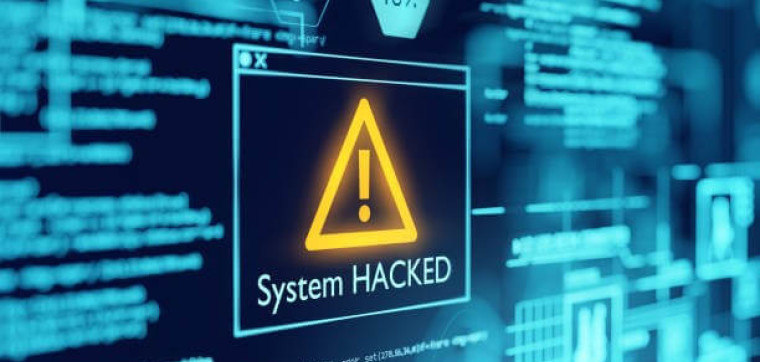The internet is a brewing hotspot for malicious trojans, links and viruses. Users are getting more and more vulnerable as data breaches are happening so frequently, and if this data falls into the wrong hands, private and financial information could be at risk. So, for businesses and individuals alike, protecting sensitive data is critical.
Here are a few tips that could save you from falling prey to a data breach:
- Using links with caution

Hackers often use emails as a source to get a hold of your personal information. They often come to you as bank statements, password recovery mails, shopping offers etc. When the user clicks on these malicious email links, they are often directed to a fake site that looks very similar to the original. The site asks them to log in and through this they gain access to your personal information. In order to avoid being at risk, be cautious when you receive any suspicious links through emails or social media sites.
2. Switch up your password

We all know that having the same password is easier to remember. However, this practise can be considered quite risky. It’s always best to switch up your passwords with every website/account you have just so that in case one account gets breached, your other accounts are safe.
3. Use a two – factor authentication

The two-factor authentication provides extra security. With multi-factor authentication, you would be prompted to enter more than two additional authentication methods after entering your username and password.
4. Backup your data

Backing up the data on your devices is extremely important to do because if you’re ever a victim of a cybercrime, getting access to your phone or mobile might be difficult. So, if you have your data backed up it would mean you can access it no matter what happens to your other gadgets.
5. Install an Anti-virus

Malware and phishing attacks are some ofthe ways your device can get compromised. Getting an anti-virus software which is active and up to date will prevent the security threats. It is the easiest way to keep your personal and company information secure.
6. Avoid using public Wi-Fi

Using public/free Wi-Fi could increase your risk of getting hacked. Hackers can also use an unsecured Wi-Fi connection to distribute malware. If you allow file-sharing across a network, the hacker can easily plant infected software on your computer.







